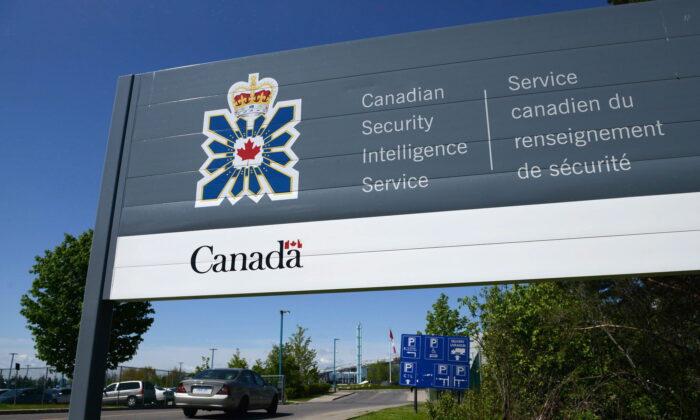Canada should collaborate more with its partners in the Five Eyes intelligence alliance to confront the challenges China and Russia pose to the liberal democracies in the West, a new report says.
Changing Threats
The report’s executive summary says that state competition is changing toward “deniable, intrusive, and non-military threats against all sectors of society” and that “liberal democracies are increasingly on the back foot and looking for collective ways to respond and deter.”Richard Fadden, a former director of the Canadian Security Intelligence Service, writes in the report’s foreword that “China and Russia are taking increasingly assertive actions to reshape the international system and constrain the liberal democratic West using a range of non-kinetic tools.”
“While the threats from China and Russia are different in level and kind, they present a challenge that requires a collective response,” adds Fadden, also a former national security adviser to Canada’s prime minister.
The report says that while the threats posed by China and Russia are similar to the political warfare threats from the Soviet Union during the Cold War, today, unlike that period, the two regimes are “challenging global governance, maritime law, and international diplomacy.”
Following China’s rise as an economic power, its neighbours and the Five Eyes countries have grown dependent on it for trade and economic growth. But unlike the Western states that link sanctions to human rights transgressions, “China has publicly denied any such [economic coercive] policies while at the same time quietly pursuing them,” the report says, quoting Christina Lai, a lecturer at Johns Hopkins University.
For example, it says Canada and Australia have been targeted by the Chinese communist regime. The regime targeted Canada following the arrest of Huawei’s senior executive Meng Wanzhou, and it set its sights on Australia after Prime Minister Scott Morrison called for a public inquiry into the origins of the COVID-19 global pandemic.
Recommendations
Hemmings and Varnish compiled 12 recommendations from defence and security experts across the Five Eyes countries.The recommendations include creating a counter-interference handbook for analyzing Chinese and Russian interference both within Western democracies and in other countries.
The experts also suggest creating a Five Eyes Defence Policy Bureau and boosting political and security consultation among the five nations to address the economic warfare intended to degrade any members’ sovereignty.
On the technology front, they recommended creating a Five Eyes tech centre that could foster collaborative projects to allow co-development of the most promising technologies into practical products. In addition, they suggest creating interagency public-private working groups to coordinate on technology standards and establishing a fusion centre to undertake classified analysis and operations on information operations and interference.
“Our hope is that this paper’s recommendations will foster evolution—not revolution—within the Five Eyes grouping,” the authors write.
“This might include discussions leading to the solutions for urgent and immediate threats … and will also open up for discussion and debate long-term structural changes within the security and defence communities of our Five nations.”





